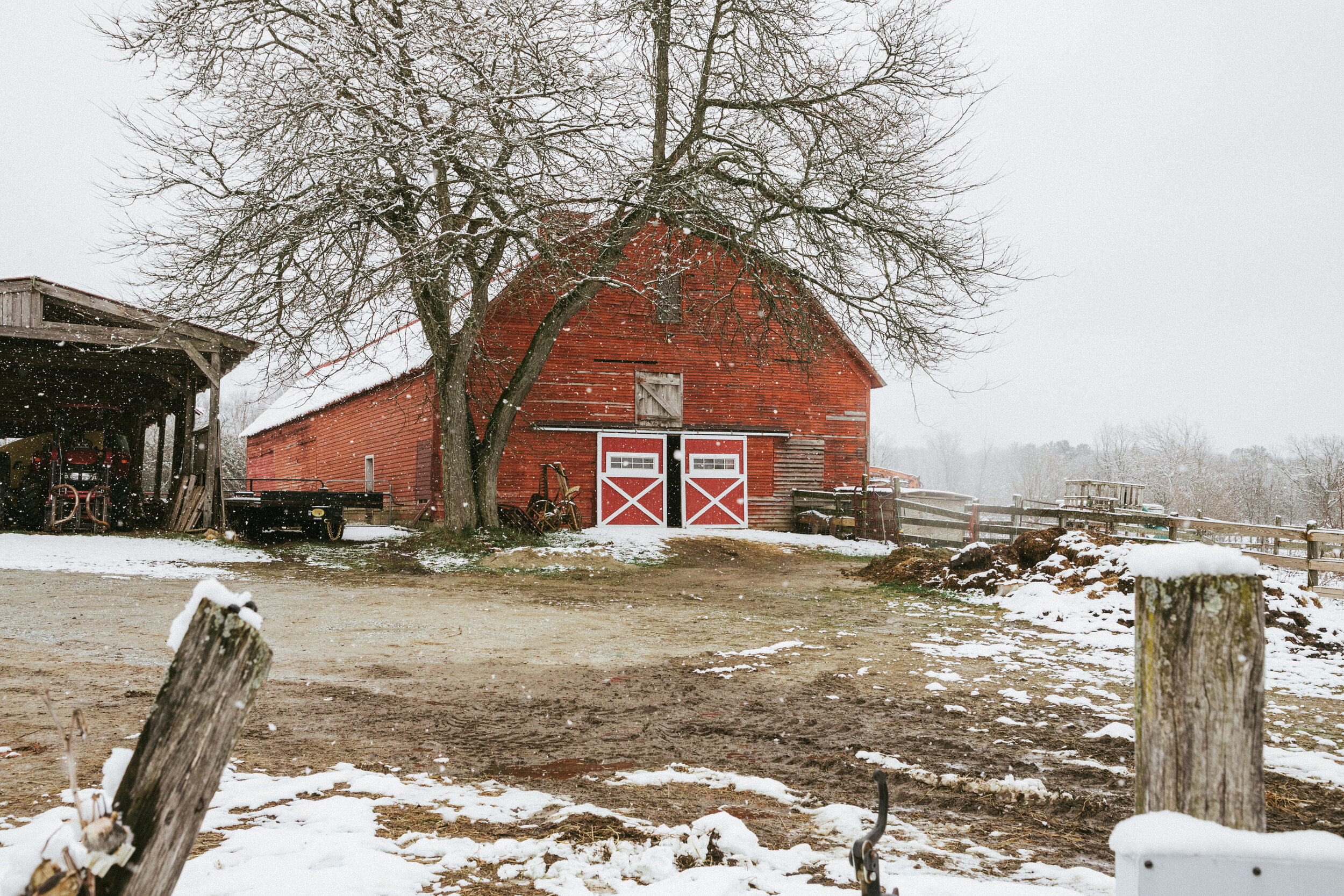
Our Story
Holiday Brook Farm is located in the heart of Berkshire County and is made up of 1,300 acres of forest and farmland that has been sustainably managed for four generations of the Crane family. Dicken Crane and his three siblings Tim, Carrie, and Mary had the privilege of growing up in the Cottage farmhouse on the back of the property. The farm is currently owned and operated by Dicken and his wife Ruth.
History:
Holiday Brook Farm was originally a part of Flintstone Farm, a 3,000+ acre farm amassed by Fred Crane Sr. at the turn of the 20th century. The Crane family owned and operated one of the last family owned paper companies in the United States right here in Dalton.
Click on the image of Fred Crane Sr. to read a memoir written by Mary Johnson Hibbard on Flintstone Farm.
Our Promise:
We are committed to providing our customers with the healthiest, highest quality, most environmentally-responsible and humane food around. Our holistic farm practices follow sustainable, natural models to enhance the health and productivity of our crops, livestock and fields. Although not certified organic, we are guided by the standards put forth by NOFA and USDA National Organic Program.
We manage the fertility of our fields using cover crops, rotations and our renowned "black gold" compost. We don’t use any conventional chemical fertilizer on our fields, nor any pesticides, herbicides, fungicides or other chemicals.
Our cattle and sheep are 100.0% grass-fed and grass-finished. The pigs are raised outdoors on pasture and supplemented with vegetables, bread, and fruit that comes from local supermarkets, as well as local Wirtes' grain. We ensure the health of all of our livestock through good old-fashioned hands-on management, and conscientiously avoid the use of antibiotics. We WILL use conventional antibiotics, wormers, or similar medicines in critical, acute cases when absolutely necessary, but these instances are by far the exception that proves the rule while supporting our commitment to humane animal welfare practices. None of our livestock get any synthetic hormones of any kind.
So, all that sounds great—but why aren’t we certified organic? It’s primarily that our relationships with our customers/friends are a better guarantee than any third-party rules and its partly that we disagree with the organic rules on a few things and think our way is better for our land, customers, and the environment. In summary, the process of becoming certified organic is time consuming, expensive, bureaucratic, and frankly we would be doing everything the same as we do now - or BETTER.

